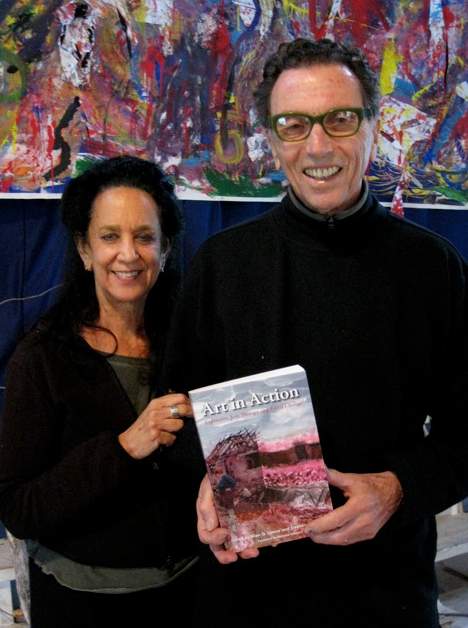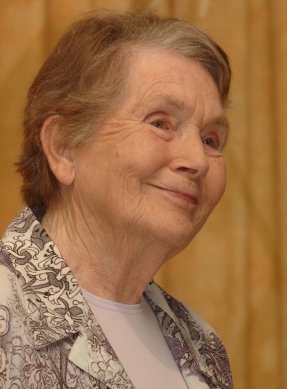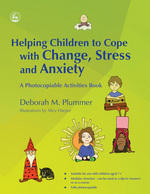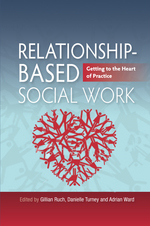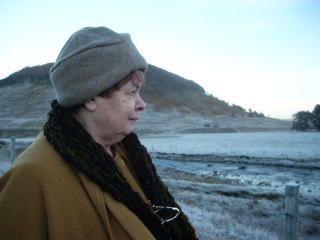“Dancing at the crossroads and playing on the battlefields” – An Interview Stephen Levine and Ellen Levine, authors of Art in Action
“To focus on conflict usually means that individuals and groups get stuck in polarizing positions and are unable to see alternatives. Art-making, within an expressive arts framework, ‘decenters’ from the usual perspective and opens up new possibilities. It also makes us aware of resources that we might have otherwise overlooked in our focus on our difficulties.”
